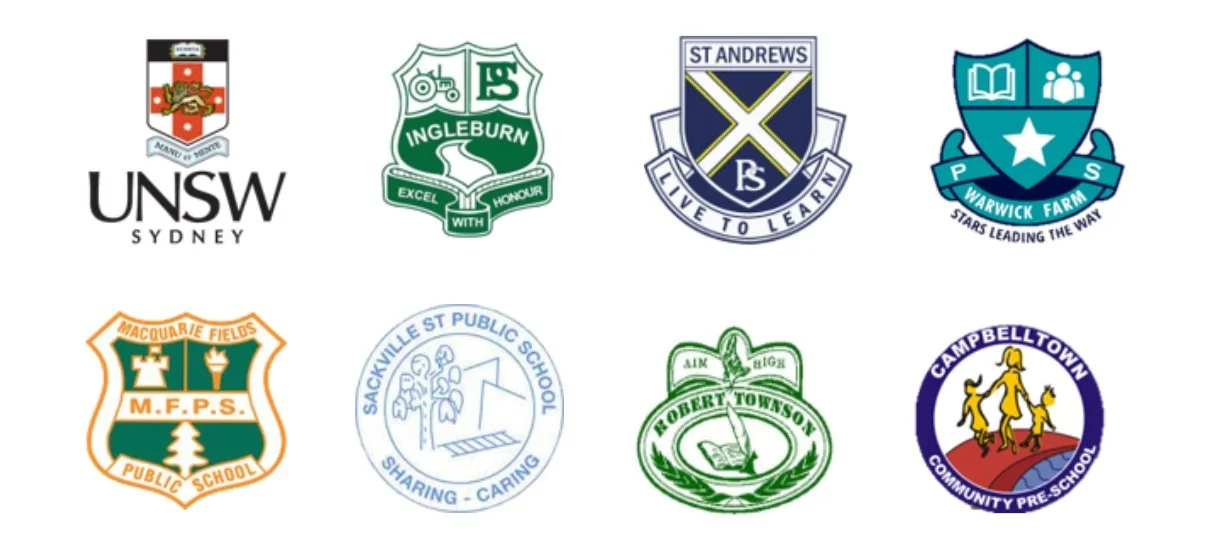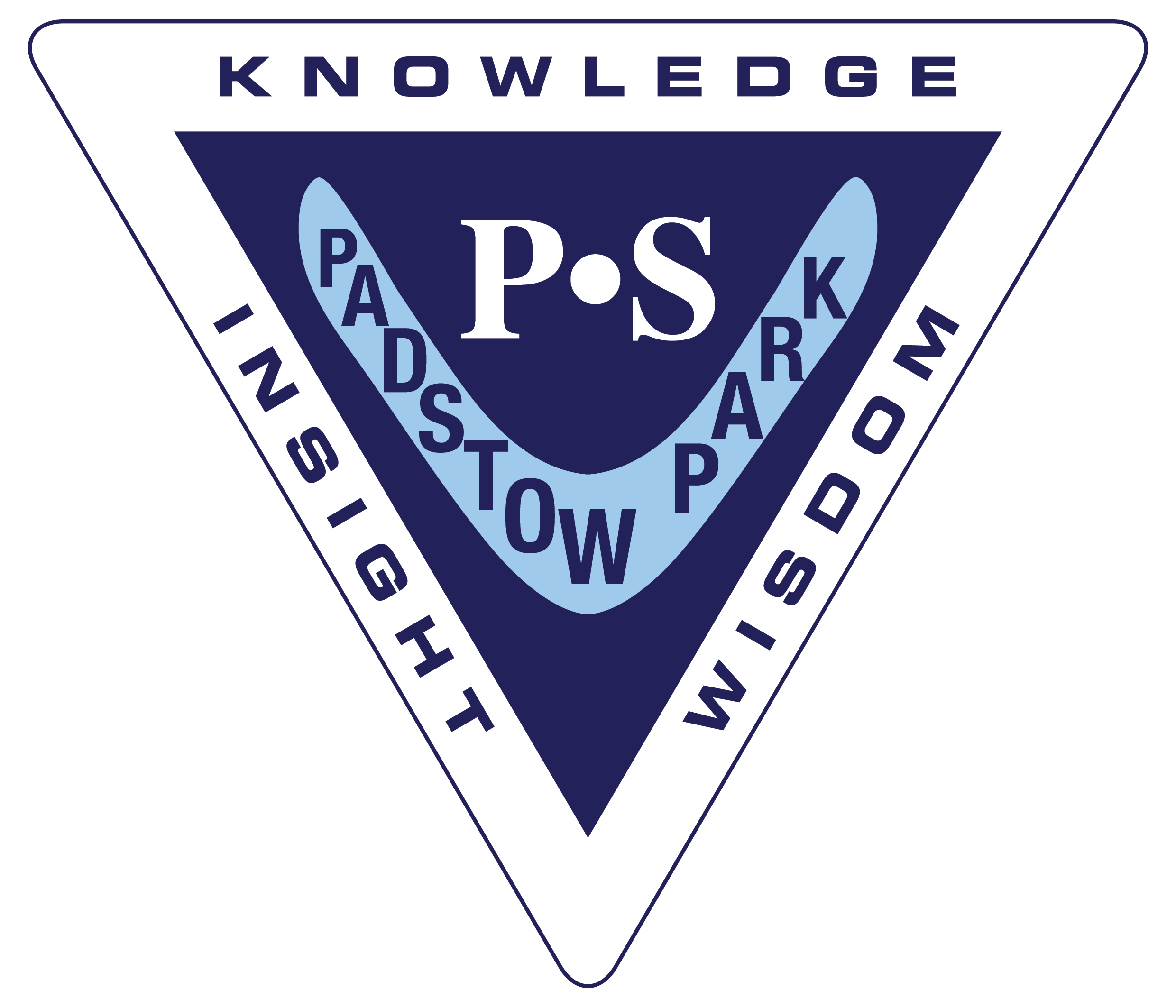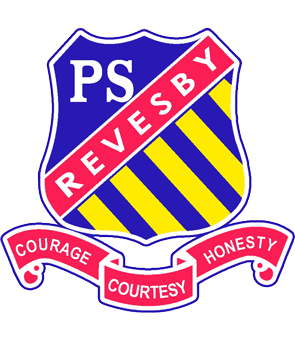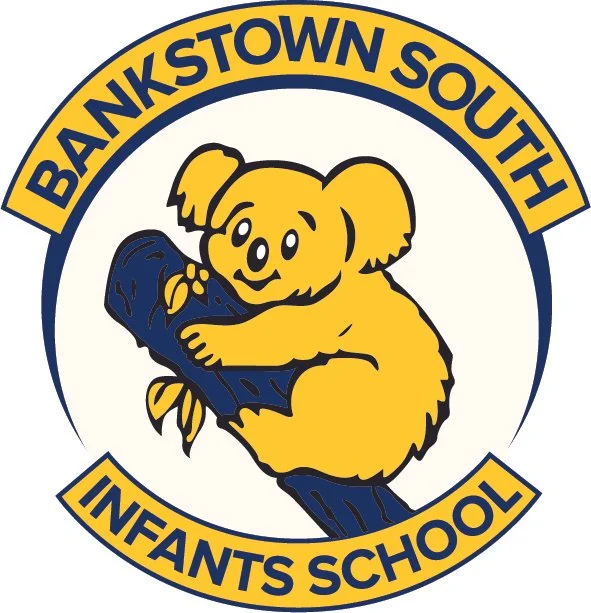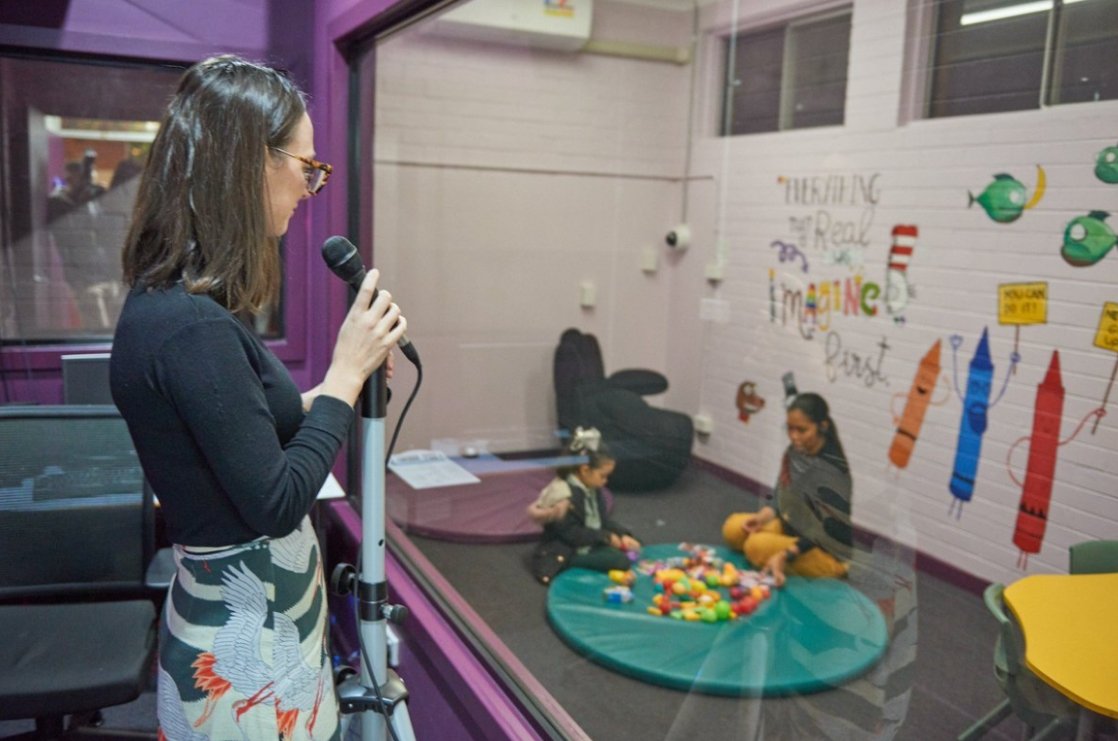
About School PCIT
What is School PCIT?
A school-based early intervention program co-designed with Sydney primary schools that upskills parents and teachers to collaboratively improve disruptive, aggressive, and unsafe student behaviour, establish more positive relationships, and foster healthy classroom environments that support the wellbeing of all students.
Parent-Child Interaction Therapy, or PCIT, is the most effective intervention program for managing oppositional and defiant behaviours in children 7 years and younger. PCIT integrates attachment theory and behaviour modification techniques to help parents regain confidence in their ability to positively and effectively parent their child.
PCIT treatment is done with both the parent and child present. While the parent interacts with the child, PCIT-trained therapists coach them using a wireless bug-in-ear device to give real-time feedback from behind a one-way mirror.
Why was School PCIT created?
Disruptive student behaviour is a major and increasing challenge for schools across Australia. These behaviours have a school-wide impact by disturbing over 15% of class time, disrupting teaching, and contributing to declining literacy and numeracy results. Australian classrooms are identified as among the world’s most disorderly. Australian teachers report lacking the skills to effectively manage disruptive students, and feeling unsafe, stressed, unsatisfied and burned out at work, leading to concerning workforce shortages: 20% of Australian survey respondents intending to leave teaching cited increases in student challenges as their primary reason for leaving. Australia urgently needs new, effective solutions for addressing the intractable problem of disruptive student behaviour at school.
-
There are two phases involved in PCIT. The first phase is called Child-Directed Interaction (CDI). In this phase, parents are coached to use play therapy skills with the child to improve the quality of the parent-child relationship and increase appropriate child behaviours.
The second phase of treatment is called Parent-Directed Interaction (PDI), which aims to increase the child’s compliance. In this phase, parents are taught to give clear, effective commands that work, and to set appropriate limits to increase child compliance.
An adaptation of PCIT for children with limited prosocial emotions (low empathy, remorse for wrongdoing uncaring attitudes about others and about school performance) includes a third phase, which aims to increase emotional literacy and encourage prosocial behaviour.
-
Decades of research finds that PCIT improves children’s behaviour problems and parent’s parenting skills, increases child compliance, and improves overall family functioning. Parents who have completed PCIT report high levels of satisfaction with the program, lower parenting stress, and greater confidence in managing their children’s behaviours. Learn more about PCIT at: PCIT International


